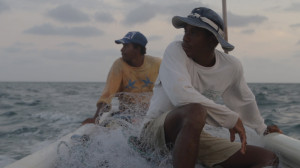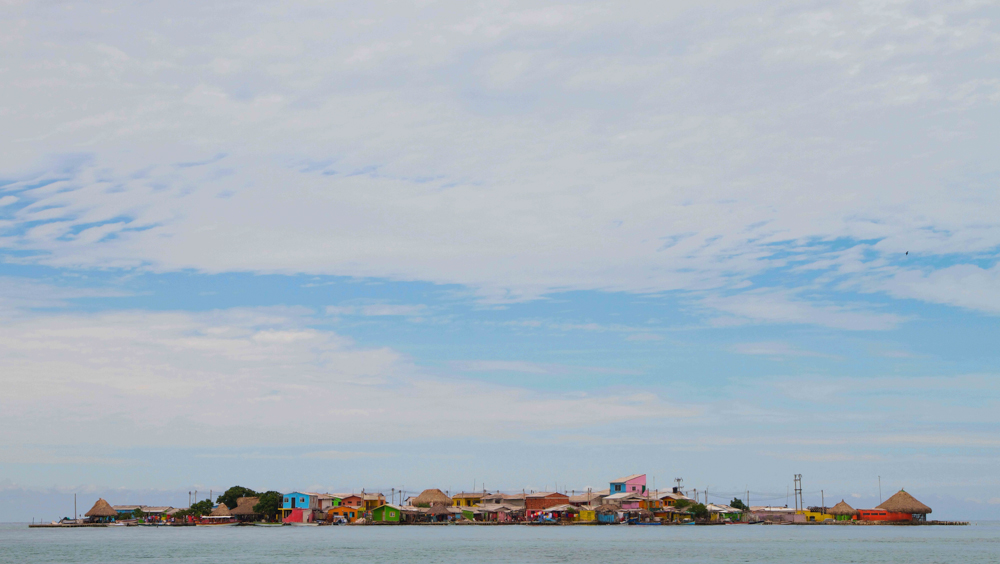With our campus’s wide-open spaces and endless connectivity, one might be forgiven for struggling to relate to a world of claustrophobia and isolation. Yet student Luke Lorentzen ’15’s moving documentary Santa Cruz del Islote (in Spanish, with subtitles) does a fantastic job of making relatable the most densely populated island on Earth, which is three acres and part of Colombia.
As Stanford does not fund projects in countries on the State Department’s Travel Warning list, Lorentzen obtained the film’s funding through Kickstarter, promising an exploration of overpopulation. The film follows the stories of two islanders — Juancho Julio Vasquez, a gently frustrated fisherman, and Juan Pablo, a gifted child with a love of learning — as both struggle with the literal and metaphorical distance between their little town and the mainland.

An idyllic sense of peace pervades much of the film, but this is clearly an oasis in danger. Alongside scenes of children happily canoeing, we see that the island’s humble motorboats are unable to compete against more elaborate fishing boats. In a Q&A session after the film, Lorentzen said that the overwhelming sense of solitude he found while he was there played a large role in the final cut of the film. Juancho spends much of his time floating in the ocean alone with his fishing partner, and Juan must reconcile his intellectual vitality with his miniscule schoolroom and few classmates.
The documentary is only 20 minutes long, and every second of footage is meticulously chosen for maximum effect. The film comprehensively explores its central ideas while subtly posing additional questions about the island’s future. From several beautiful shots of the island alone in the ocean to a spectacular underwater sequence, to a final candle in the dark, the audiovisual experience — between the cinematography and the simple yet effective score — is a transcendent yet haunting one.
Lorentzen’s film explores a very foreign way of life in order to raise questions about our own. This dream-like film is far from our lives, but similar enough in the islanders’ emotions and struggles not to be exotic at all. Perhaps there is a middle ground between our technological complexity and the island’s love and simplicity, though the current imbalance between the two poses a dire threat to the latter’s existence.
Contact Skylar Cohen at skylarc ‘at’ stanford.edu.
